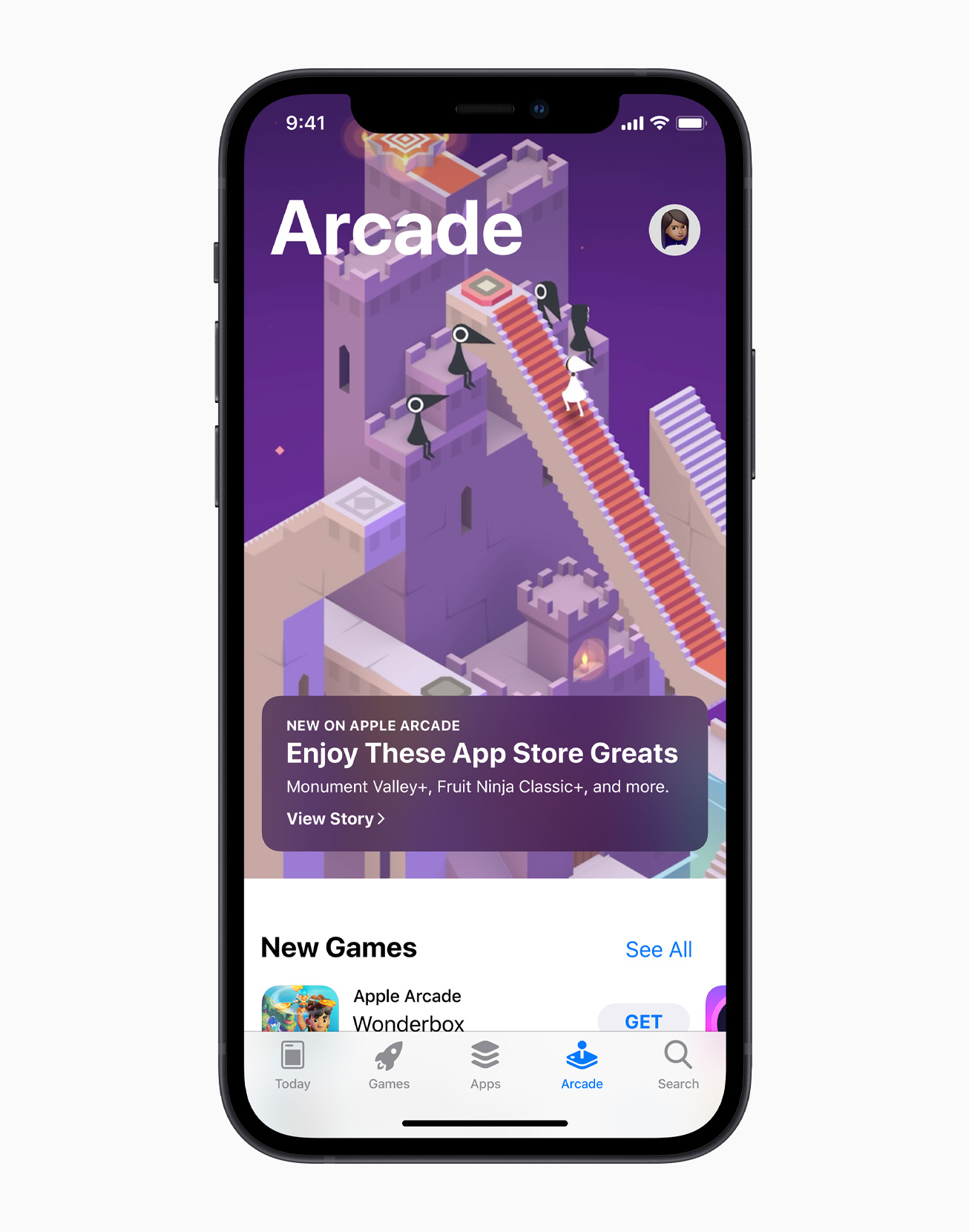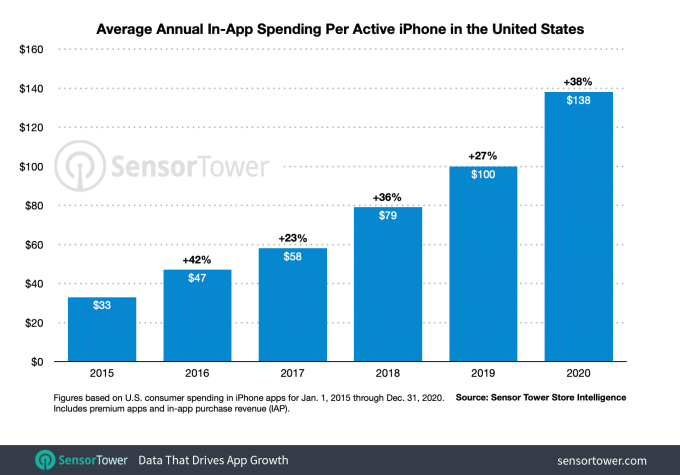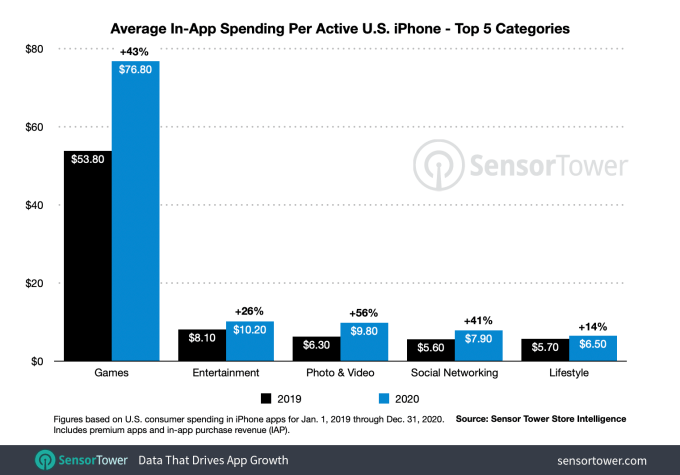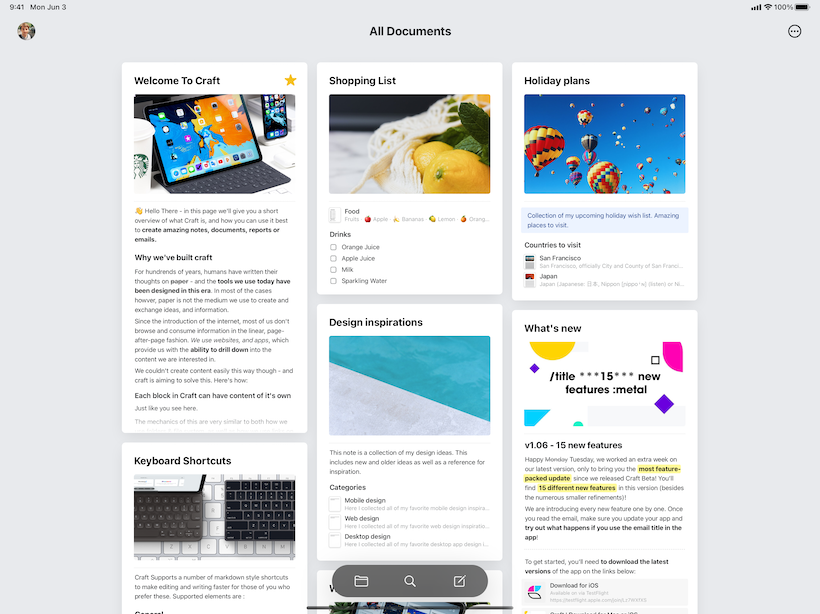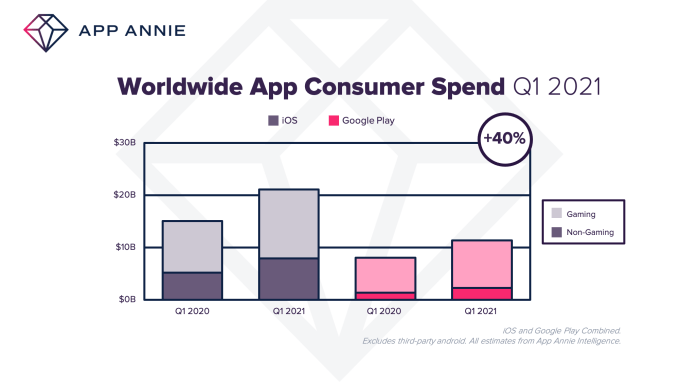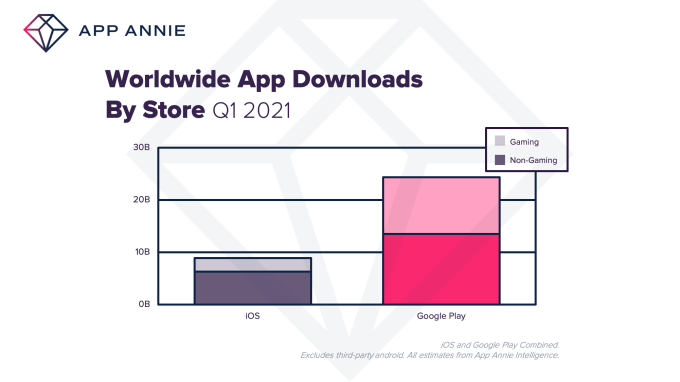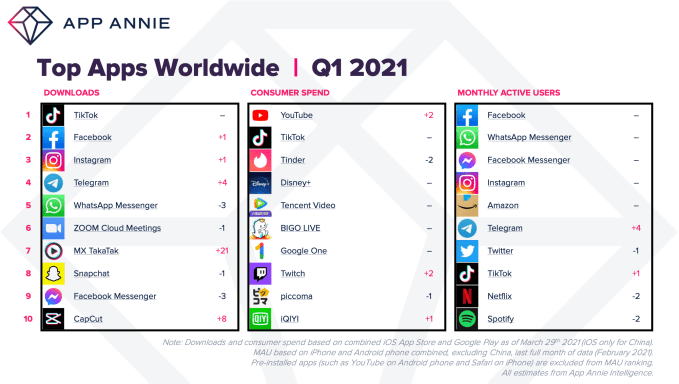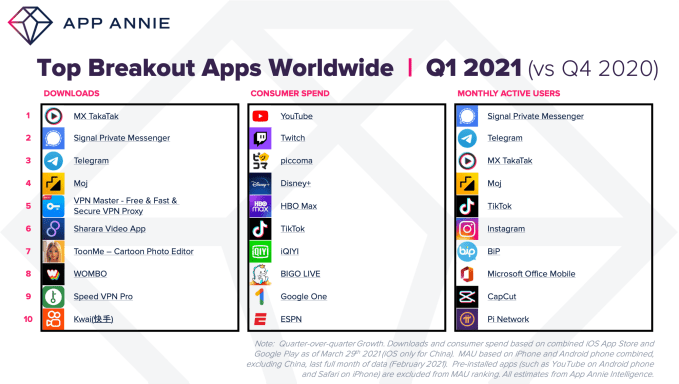Apple adds classic titles to Apple Arcade, Microsoft experiences an outage and Coinbase is going public. This is your Daily Crunch for April 2, 2021.
The big story: Apple Arcade expands with classic games
Until now, Apple’s game subscription service was limited to exclusive new titles, but today it’s introducing two new categories: App Store Greats (popular iPhone games like Monument Valley+, Fruit Ninja Classic+, Cut the Rope Remastered and Badland+) and Timeless Classics (board games and puzzle games, such as Backgammon+ and Chess Play and Learn+).
This is a major expansion to the Apple Arcade back catalog, but it’s not simply a matter of putting previously free games behind a paywall. The Arcade versions of these titles will be ad-free and without in-app purchases — you’re never paying anything beyond the $4.99 monthly subscription fee. Also, some of these games had become unavailable in their original forms due to iOS and hardware updates.
The tech giants
Microsoft outage knocks sites and services offline — Microsoft stumbled back online Thursday after an hours-long outage in the middle of the U.S. west coast working afternoon.
Startups, funding and venture capital
Coinbase to direct list on April 14th, provide financial update on April 6th — The company will trade under the ticker symbol “COIN.”
Uruguayan payments startup dLocal quadruples valuation to $5B with $150M raise — This means that the five-year-old Uruguayan company has effectively quadrupled its valuation in a matter of months.
Backflip offers an easier way to turn used electronics into cold, hard cash — The company offers customers cash on delivery for their used electronics, which could be anything from iPhones to Game Boys.
Advice and analysis from Extra Crunch
How is edtech spending its extra capital? — Edtech M&A activity has continued to swell.
Tech in Mexico: A confluence of Latin America, the US and Asia — LatAm entrepreneurs seem to be looking to Asian tech giants for product inspiration and growth strategies.
RPA market surges as investors, vendors capitalize on pandemic-driven tech shift — Robotic process automation came to the fore during the pandemic as companies took steps to digitally transform.
(Extra Crunch is our membership program, which helps founders and startup teams get ahead. You can sign up here.)
The Daily Crunch is TechCrunch’s roundup of our biggest and most important stories. If you’d like to get this delivered to your inbox every day at around 3pm Pacific, you can subscribe here.
from Apple – TechCrunch https://ift.tt/3sO9Mr9

